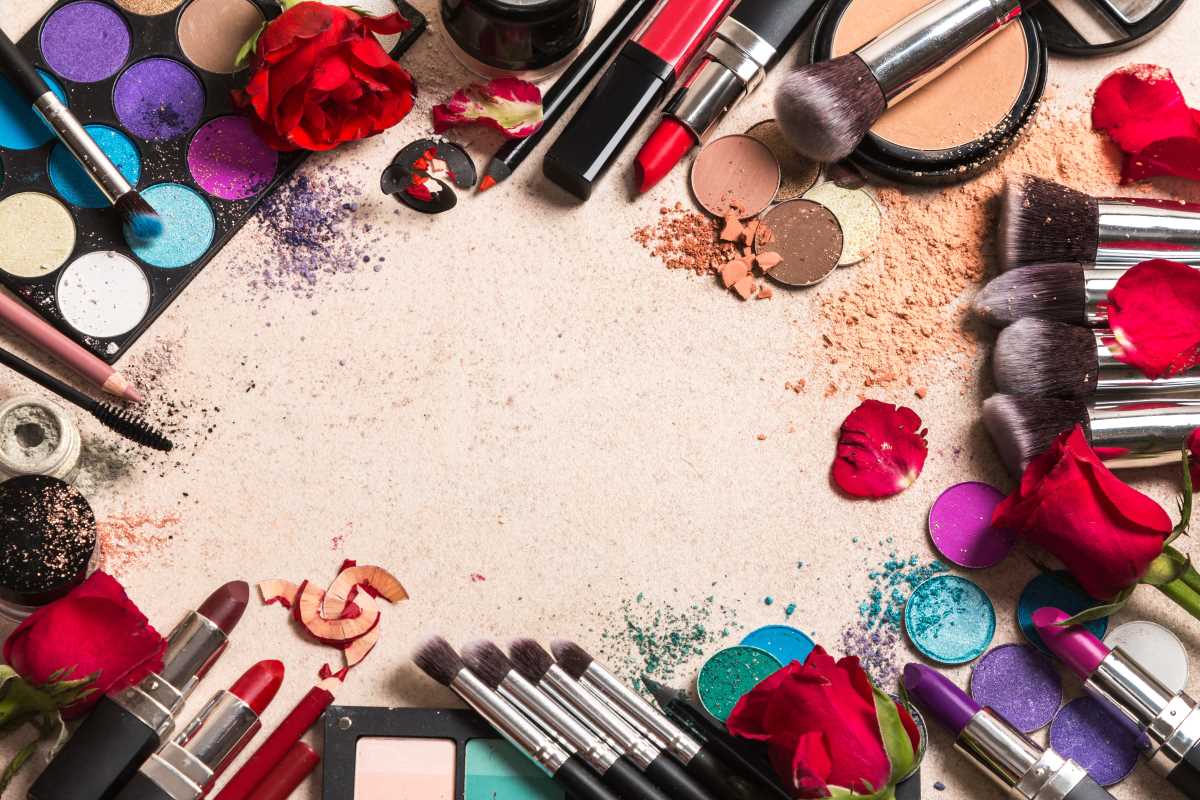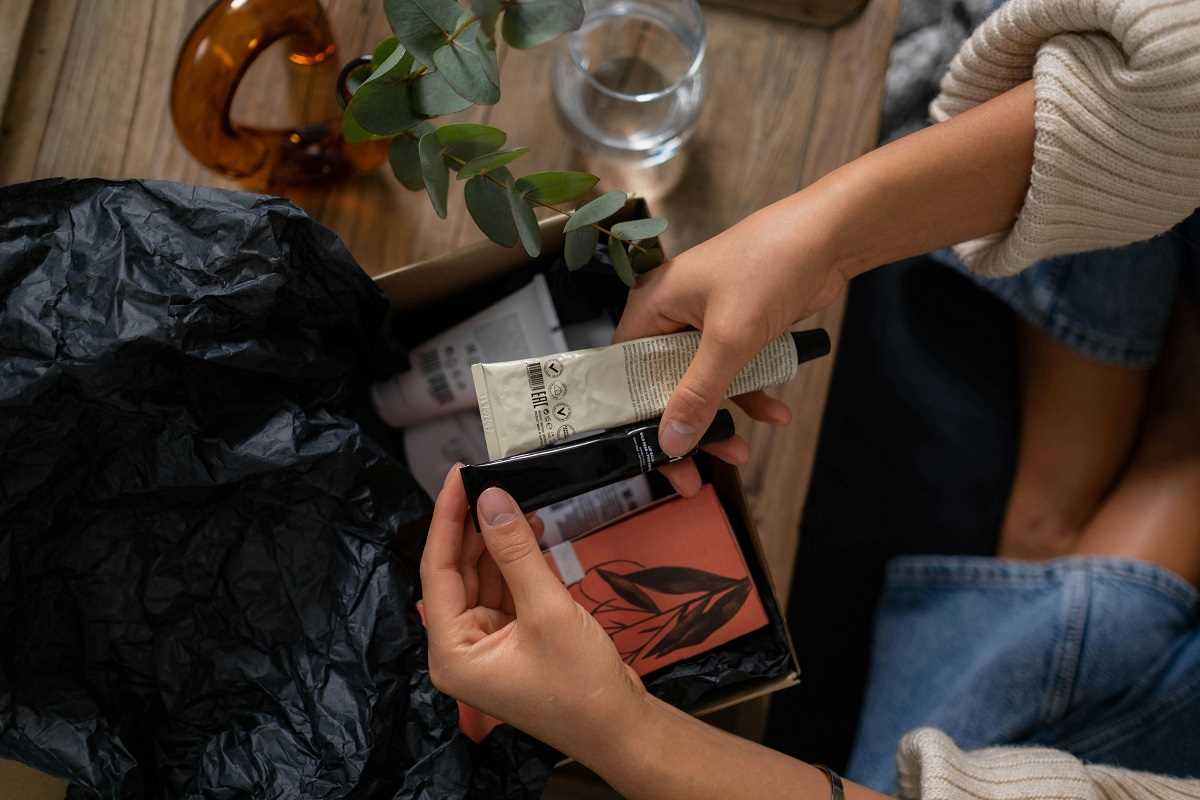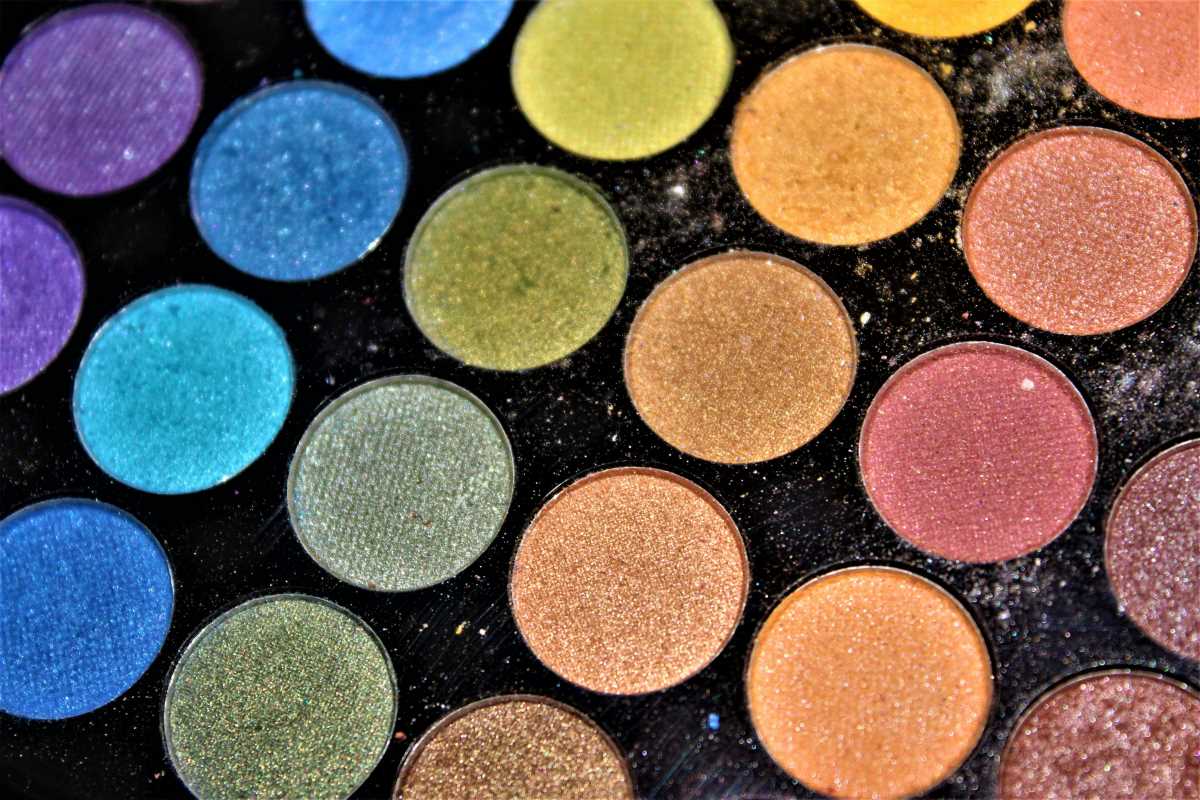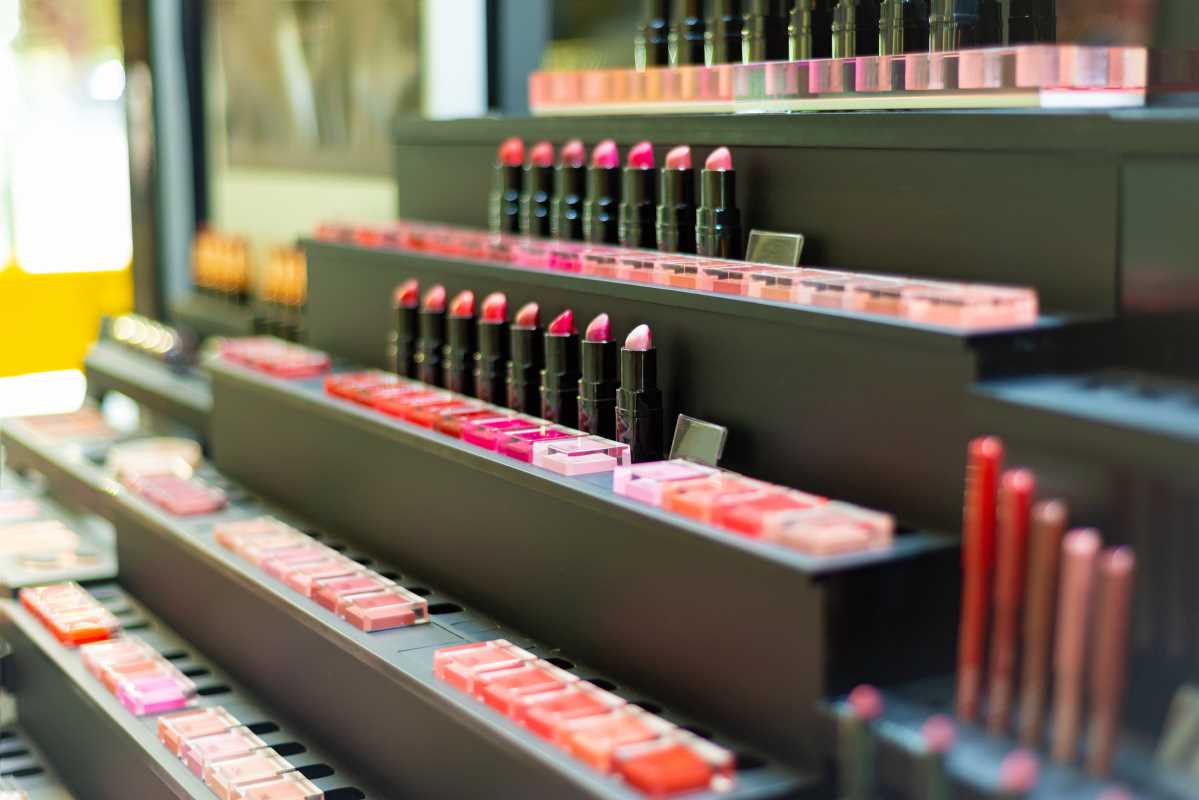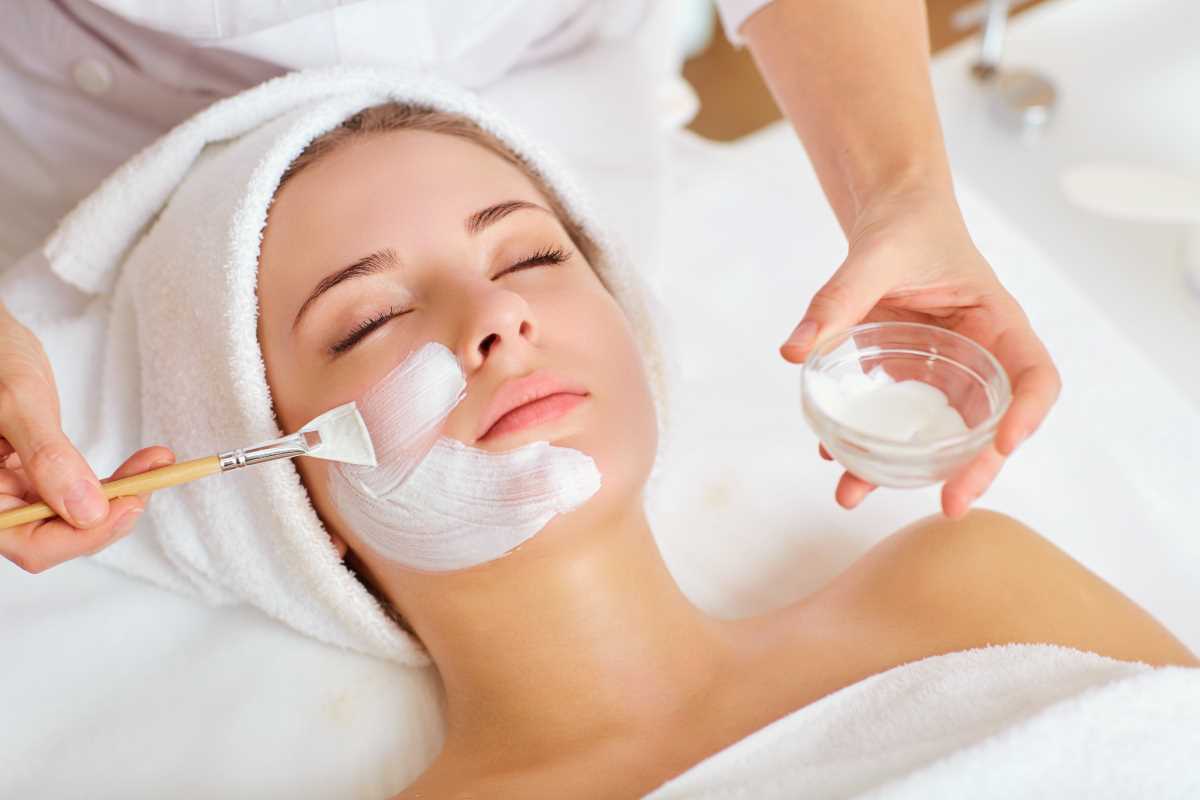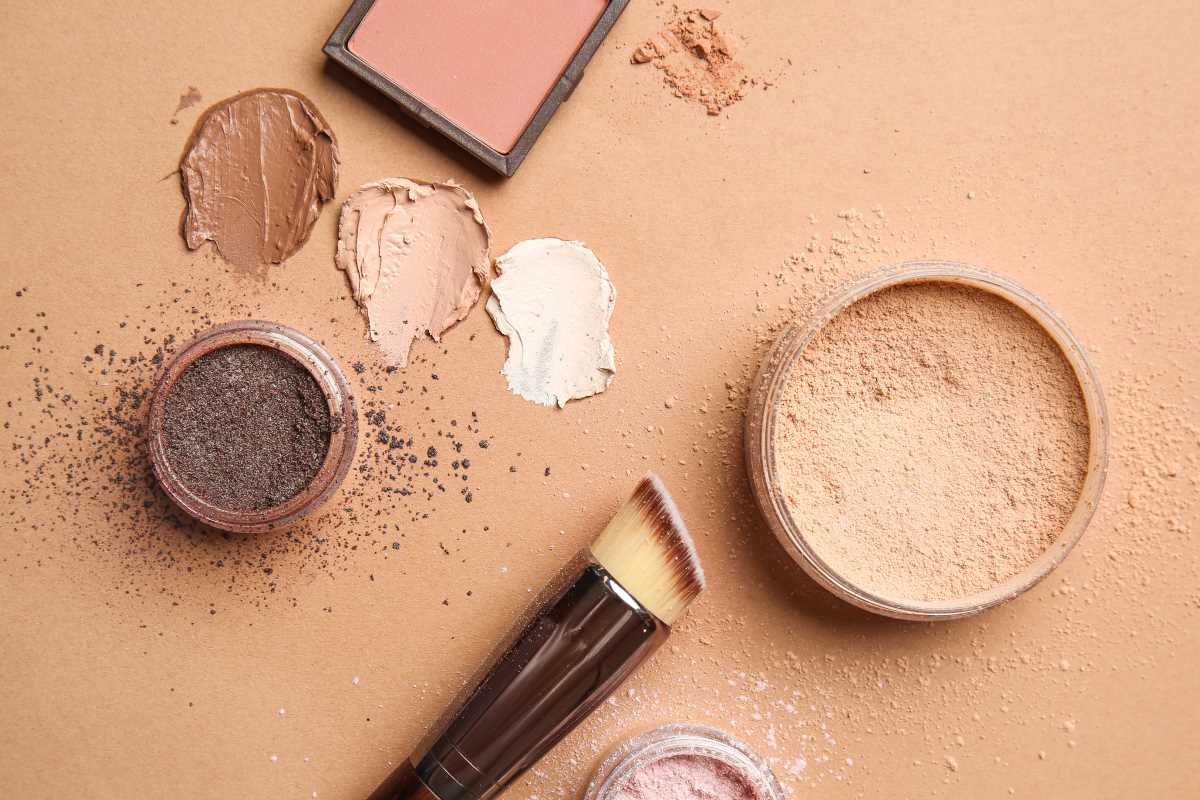Dealing with acne can be a frustrating and often challenging experience for many individuals. Whether you’re a teenager grappling with hormonal breakouts or an adult facing unexpected flare-ups, understanding how to effectively fight acne is essential for achieving clearer skin. Fortunately, there are various strategies and solutions available to help you manage and reduce breakouts, boost your confidence, and promote healthier skin. Let’s explore the multifaceted approach to conquering acne.
Understanding Acne: The Basics
Before diving into treatments, it's important to understand what acne is and what causes it. Acne occurs when hair follicles become clogged with oil, dead skin cells, and bacteria. This can result in various types of acne, including:
- Comedones (blackheads and whiteheads): These are non-inflammatory acne forms that occur when pores become clogged.
- Papules and pustules: These are inflamed lesions that can appear red and tender.
- Nodules and cysts: These are more severe forms of acne that are painful and can cause scarring.
Common causes of acne include hormonal fluctuations, excess oil production, certain medications, and lifestyle factors such as stress and diet. Understanding these causes can help you tailor an effective treatment plan.
Establishing a Consistent Skincare Routine
A well-structured skincare routine is essential in the fight against acne. Here’s a simple regimen you can follow:
- Cleansing: Use a gentle cleanser twice daily to remove dirt, oil, and makeup. Look for products containing salicylic acid or benzoyl peroxide, as these ingredients can help unclog pores and reduce bacteria.
- Exfoliation: Exfoliate your skin 1-2 times a week using chemical exfoliants (like AHAs or BHAs) or gentle physical scrubs. Exfoliation helps to remove dead skin cells that can contribute to clogged pores.
- Toning: A toner can help balance your skin’s pH and prepare it for subsequent treatments. Look for alcohol-free toners with soothing ingredients like witch hazel or rose water.
- Treatment: Apply targeted treatments, such as spot treatments with benzoyl peroxide or salicylic acid, directly to affected areas. If your acne is persistent, consider products with retinoids, which can promote cell turnover and prevent clogged pores.
- Moisturizing: Don’t skip moisturizer! Even oily skin needs hydration. Look for lightweight, non-comedogenic moisturizers that won't clog pores.
- Sunscreen: Always apply sunscreen during the day, especially if you're using products that make your skin more sensitive to sunlight. Opt for oil-free, non-comedogenic formulas.
Dietary Considerations
Your diet can have a significant impact on your skin's health. While the link between diet and acne isn't definitive, certain foods may trigger breakouts in some individuals. Consider the following dietary tips:
- Limit dairy and high-glycemic foods: Studies suggest a potential link between dairy consumption and acne. Foods high in refined carbohydrates (like white bread and sugary snacks) can lead to insulin spikes, which may increase oil production.
- Incorporate anti-inflammatory foods: A diet rich in fruits, vegetables, whole grains, and healthy fats can help reduce inflammation. Foods high in antioxidants, such as berries, nuts, and leafy greens, are particularly beneficial.
- Stay hydrated: Drinking plenty of water helps maintain skin hydration and can aid in flushing out toxins.
Stress Management
Stress is a known trigger for acne, as it can lead to increased oil production and inflammation. Implementing stress-reducing practices can be beneficial for your skin. Consider:
- Mindfulness and meditation: Practicing mindfulness can help reduce anxiety and stress levels, which may indirectly improve your skin.
- Regular exercise: Physical activity promotes circulation and can help alleviate stress. Aim for at least 30 minutes of exercise most days.
- Adequate sleep: Prioritize good sleep hygiene. Lack of sleep can exacerbate stress and inflammation, contributing to breakouts.
Professional Treatments
If over-the-counter products and lifestyle changes aren’t providing the results you desire, it may be time to consult a dermatologist. They can recommend a variety of professional treatments, including:
- Topical medications: Prescription-strength topical treatments containing retinoids, antibiotics, or benzoyl peroxide can help reduce breakouts.
- Oral medications: In more severe cases, oral medications such as antibiotics or hormonal treatments (like birth control pills) can be prescribed to manage acne.
- Chemical peels: Chemical peels use acids to exfoliate the skin and unclog pores, promoting clearer skin over time.
- Laser therapy: Certain laser treatments can target acne-causing bacteria and reduce inflammation, making them an effective option for some individuals.
Skincare Products to Consider
When choosing skincare products, look for those labeled as "non-comedogenic," meaning they won't clog pores. Here are some ingredients to look for in your acne-fighting products:
- Salicylic acid: A beta hydroxy acid that penetrates the pores to exfoliate and reduce inflammation.
- Benzoyl peroxide: An antibacterial agent that helps kill acne-causing bacteria and reduce oil.
- Retinoids: Vitamin A derivatives that promote cell turnover and prevent clogged pores.
- Niacinamide: A form of vitamin B3 that helps reduce inflammation and redness.
Consistency is Key
When fighting acne, it’s crucial to be patient and consistent with your skincare routine. It may take several weeks to see noticeable improvements. Avoid switching products too frequently, as this can irritate your skin and worsen the situation.
Fighting acne is a journey that requires a multifaceted approach. By understanding your skin's unique needs, establishing a consistent skincare routine, and incorporating healthy lifestyle choices, you can effectively manage and reduce breakouts. Remember that results take time, and it’s okay to seek help from professionals if needed. With dedication and the right strategies, you can conquer acne and enjoy the clear, confident skin you deserve.

